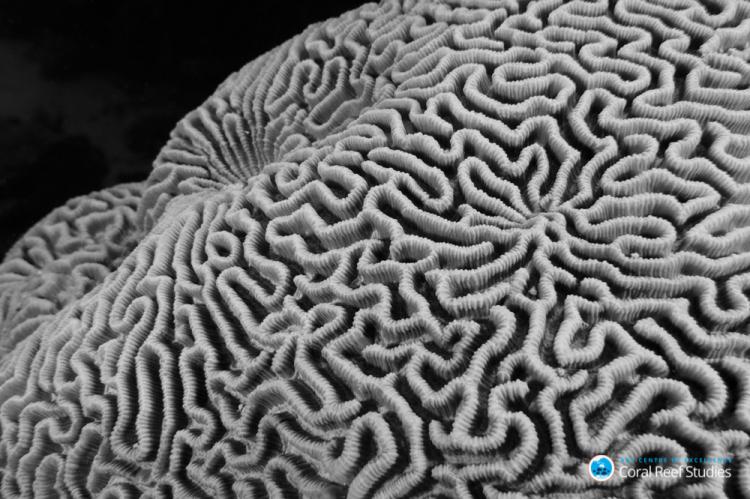"Robust" corals more resilient to bleaching, in the short term
Some coral species may fare better when global warming strikes, according to a new study.
"Robust" corals, which comprise some brain corals and mushroom corals, are better able to counter the effects of global warming due to their ability to produce an "essential" amino acid, according to a new study published in the Genome Biology.
The other corals—the complex corals—would not fare as well.
According to lead author Dr Emily Ying of the ANU Research School of Biology, amino acids are essential in facilitating the repair of tissue or the growth of new tissue, among other functions. She adds that "generating amino acids is energetically costly for animals, so they usually only generate 11 of the 20 required for life.”
The remaining nine amino acids—described as "essential" amino acids—would come from the animal's diet.
In the presence of global warming, things do not go as smoothly. In such situations, coral reefs bleach, they expelling their resident Symbiodinium (a micro-alga that supplies most of the energy needs of the coral) and subsequently become totally dependent on their diet to meet their nutritional requirements.
For “robust” corals, the situation is not as dire, as they can produce at least one of the "essential" amino acids without relying on Symbiodinium. In this way, they are more resilient, at least in the short term, to bleaching than the “complex” corals.
According to Miller, “Our research also suggests that ‘robust’ corals are less choosy about which species of microalgae can take up residence in the coral’s tissue. The ability to host a broader range of Symbiodinium types could facilitate more rapid acclimation to higher temperatures.”


